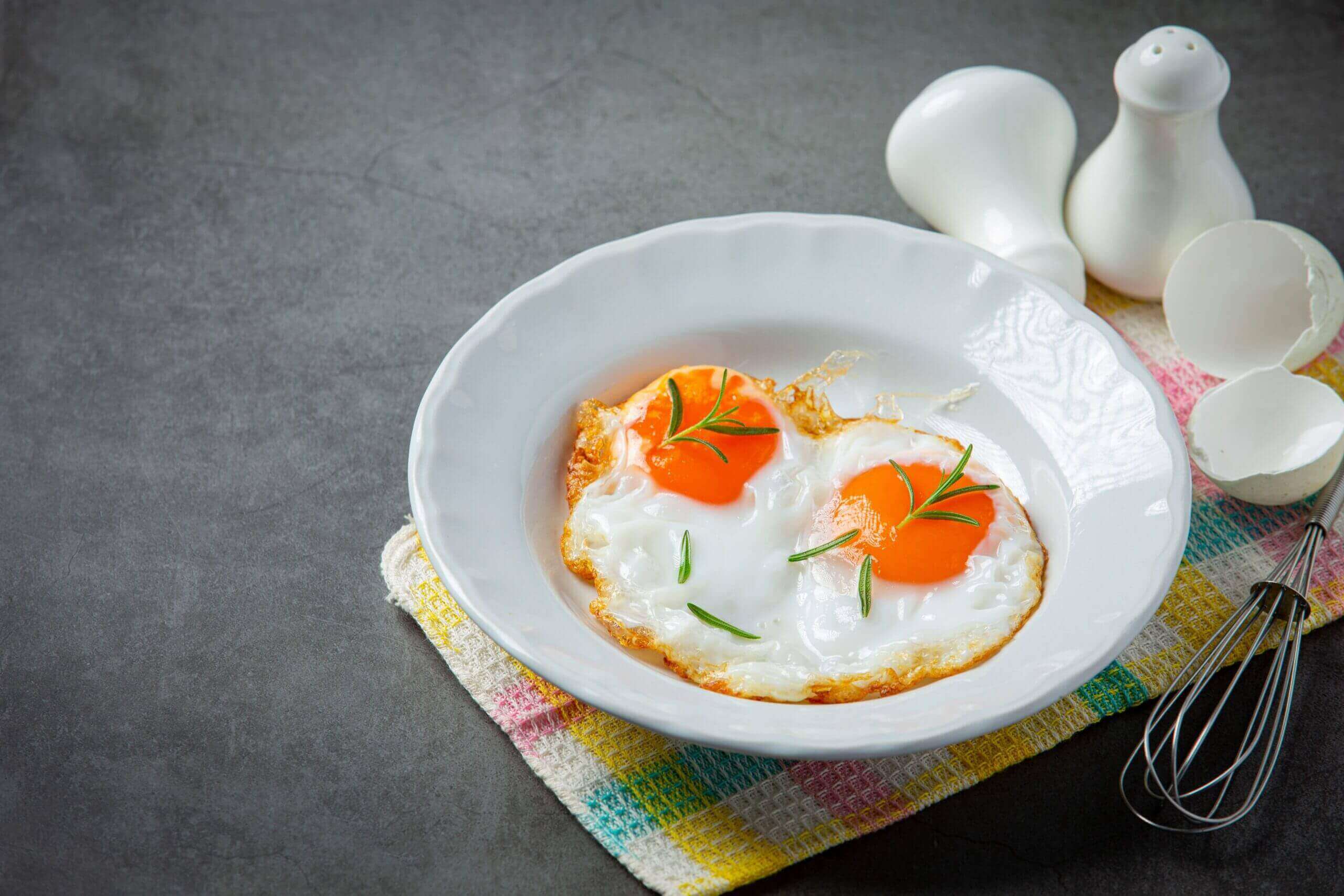Table of Contents
Introduction:
Half boiled egg benefits and side effects, In the field of nutrition, half-boiled eggs have attracted attention for being versatile and rich in protein in our diet. Beyond the traditional sunny-side-up or hard-boiled egg options, the half-boiled egg offers a unique texture and a spectrum of potential health benefits. However, like any food item, it is essential to understand both the positive and negative aspects associated with its consumption.
Half boiled egg benefits and side effects Nutritional Powerhouse:
Protein Skills:
Half-boiled eggs are a concentrated source of high-quality protein. Proteins are the building blocks of our body, essential for muscle repair, immune function and overall development. One egg contains approximately 6-7 grams of protein, making it an excellent choice for those looking to increase their protein intake.
Rich in Vitamins and Minerals:
Eggs, whether boiled or half-boiled, are rich in essential vitamins and minerals. They are especially high in vitamin B12, which is important for nerve function and the formation of red blood cells. Additionally, eggs also provide minerals such as iron and zinc, as well as significant amounts of vitamins A, D and E.
Brain enhancer:
Egg yolks are rich in choline, a nutrient that plays an important role in brain health. Choline is a precursor to acetylcholine, a neurotransmitter associated with mood and memory regulation. Including half-boiled eggs in your diet may contribute to cognitive function and overall brain health.
potential benefits:
Quick and Easy Protein Sources:
Half-boiled eggs provide a quick and easy way to add protein to your diet. Whether eaten for breakfast, as a snack, or added to salads, they provide a convenient protein boost that can help with satiety and weight management.
Nutrient Absorption:
Half-boiling eggs retains more nutrients than boiling them fully. While heat can destroy some nutrients, cooking half-boiled eggs gently preserves the integrity of many essential vitamins and minerals.
Aids in weight management:
The high protein content in half-boiled eggs may contribute to a feeling of satiety, potentially reducing overall calorie intake. It may be beneficial for people who want to control their weight or who are engaged in regular physical activity.

Risks and Side Effects:
Use fresh, quality eggs:
Make sure that the eggs you consume are fresh and obtained from reputable producers. This reduces the risk of infection from harmful bacteria like salmonella.
Store eggs properly:
Eggs should be stored in the refrigerator to slow the growth of bacteria. Avoid keeping them at room temperature for long periods of time, especially in hot weather.
Cook to safe temperature:
When enjoying the creamy texture of a half-boiled egg, it is essential to strike a balance between the runny yolk and ensuring that the white is fully cooked. Cooking eggs to a safe temperature (at least 160°F or 71°C) helps eliminate the risk of bacterial contamination.
Variety is the key:
While half-boiled eggs can be a nutritious addition to your diet, maintaining variety is essential. Include a range of protein sources and nutrient-rich foods to ensure a complete diet.
Safe Practices for Half Boiled Eggs:
Use fresh, quality eggs:
Make sure that the eggs you consume are fresh and obtained from reputable producers. This reduces the risk of infection from harmful bacteria like salmonella.
Store eggs properly:
Eggs should be stored in the refrigerator to slow the growth of bacteria. Avoid keeping them at room temperature for long periods of time, especially in hot weather.
Cook to safe temperature:
When enjoying the creamy texture of a half-boiled egg, it is essential to strike a balance between the runny yolk and ensuring that the white is fully cooked. Cooking eggs to a safe temperature (at least 160°F or 71°C) helps eliminate the risk of bacterial contamination.
Variety is the key:
While half-boiled eggs can be a nutritious addition to your diet, maintaining variety is essential. Include a range of protein sources and nutrient-rich foods to ensure a complete diet.
conclusion:
In the world of nutrition, the half-boiled egg stands as a testament to the delicate balance between benefits and risks. Rich in proteins, vitamins and minerals, it offers myriad benefits for those seeking a nutritious and convenient diet option. However, the risk of bacterial contamination and potential nutrient interference requires careful consideration and safe food practices.
Like any food, moderation and careful consumption is important. By understanding the benefits and potential side effects of half-boiled eggs, individuals can make informed choices that are consistent with their health and dietary goals. Ultimately, the middle ground lies in enjoying the goodness of half-boiled eggs while taking a varied and balanced approach to nutrition.

Frequently Asked Questions (FAQs) –Half boiled egg benefits and side effects
- Are half-boiled eggs as nutritious as fully cooked eggs?
Yes, half-boiled eggs retain most of their nutritional value including proteins, vitamins and minerals. However, cooking eggs thoroughly ensures elimination of potential bacterial contamination.
- How much protein do half boiled eggs provide?
On average, one half-boiled egg contains about 3-4 grams of protein. This makes them a valuable protein source, especially for people who want to increase their protein intake.
- Is there a risk of salmonella infection from half-boiled eggs?
Yes, there is risk. You can be exposed to salmonella by eating undercooked eggs, including hard-boiled eggs. To reduce this risk, make sure eggs are fresh, stored properly, and cooked to a safe temperature.
- Can half boiled eggs help in weight management?
Yes, the high protein content in half-boiled eggs may contribute to a feeling of satiety, potentially aiding weight management. However, it is essential to consider overall dietary choices and exercise for effective weight control.
- Is it safe to consume raw or runny egg yolks?
While some people enjoy runny yolks, it is important to balance texture preference with safety. Cooking eggs to a safe temperature (at least 160°F or 71°C) eliminates the risk of harmful bacteria while preserving essential nutrients.
- Are there any side effects related to biotin absorption from half-boiled eggs?
Raw or undercooked egg whites contain avidin, which may interfere with biotin absorption. While cooking reduces the amount of avidin, individuals who rely heavily on raw eggs should be mindful of potential biotin-related issues.
- Can half-boiled eggs be included in a cholesterol-conscious diet?
While eggs contain cholesterol, current research shows that dietary cholesterol has a minimal effect on most individuals’ blood cholesterol levels. However, people with specific health concerns should consult a health care professional.
- Are there any alternatives for individuals who cannot consume eggs?
Certainly, there are various protein sources for individuals who cannot consume eggs. Plant-based options like tofu, legumes and nuts, as well as meat and dairy, provide alternative protein options.
- Can children and pregnant women safely eat half-boiled eggs?
Children and pregnant women can safely eat half-boiled eggs, provided they are obtained from trusted producers and cooked to a safe temperature.
However, it is advisable to consult a health care professional for personalized dietary recommendations.
- How can I include half boiled eggs in my diet?
Half-boiled eggs can be enjoyed in a variety of ways – on toast, in a salad, or on their own as a snack. Experiment with different recipes to find a preparation that suits your taste preferences and dietary needs.

